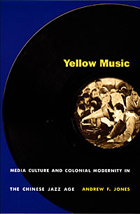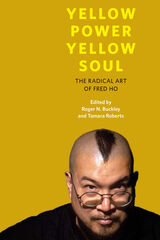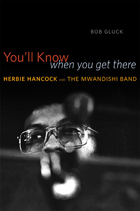3 start with Y start with Y

The personal and professional histories of three musicians are central to Jones's discussions of shifting gender roles, class inequality, the politics of national salvation, and emerging media technologies: the American jazz musician Buck Clayton; Li Jinhui, the creator of "yellow music"; and leftist Nie Er, a former student of Li’s whose musical idiom grew out of virulent opposition to this Sinified jazz. As he analyzes global media cultures in the postcolonial world, Jones avoids the parochialism of media studies in the West. He teaches us to hear not only the American influence on Chinese popular music but the Chinese influence on American music as well; in so doing, he illuminates the ways in which both cultures were implicated in the unfolding of colonial modernity in the twentieth century.


As the 1960s ended, Herbie Hancock embarked on a grand creative experiment. Having just been dismissed from the celebrated Miles Davis Quintet, he set out on the road, playing with his first touring group as a leader until he eventually formed what would become a revolutionary band. Taking the Swahili name Mwandishi, the group would go on to play some of the most innovative music of the 1970s, fusing an assortment of musical genres, American and African cultures, and acoustic and electronic sounds into groundbreaking experiments that helped shape the American popular music that followed. In You’ll Know When You Get There, Bob Gluck offers the first comprehensive study of this influential group, mapping the musical, technological, political, and cultural changes that they not only lived in but also effected.
READERS
Browse our collection.
PUBLISHERS
See BiblioVault's publisher services.
STUDENT SERVICES
Files for college accessibility offices.
UChicago Accessibility Resources
home | accessibility | search | about | contact us
BiblioVault ® 2001 - 2024
The University of Chicago Press









